By Aradhana Khowala, The Red Sea Development Company
COVID-19 has had an unprecedented impact on global tourism, with lockdowns and restrictions causing mass disruption. In 2020, the sector suffered its worst year on record, with destinations worldwide welcoming one billion fewer international arrivals than in 2019.
However, with tourism gradually returning to pre-pandemic levels, recovery appears to be on the horizon. As the sector rebuilds, the industry now has a unique opportunity to ‘build back better’ and address persistent flaws, such as gender inequality.
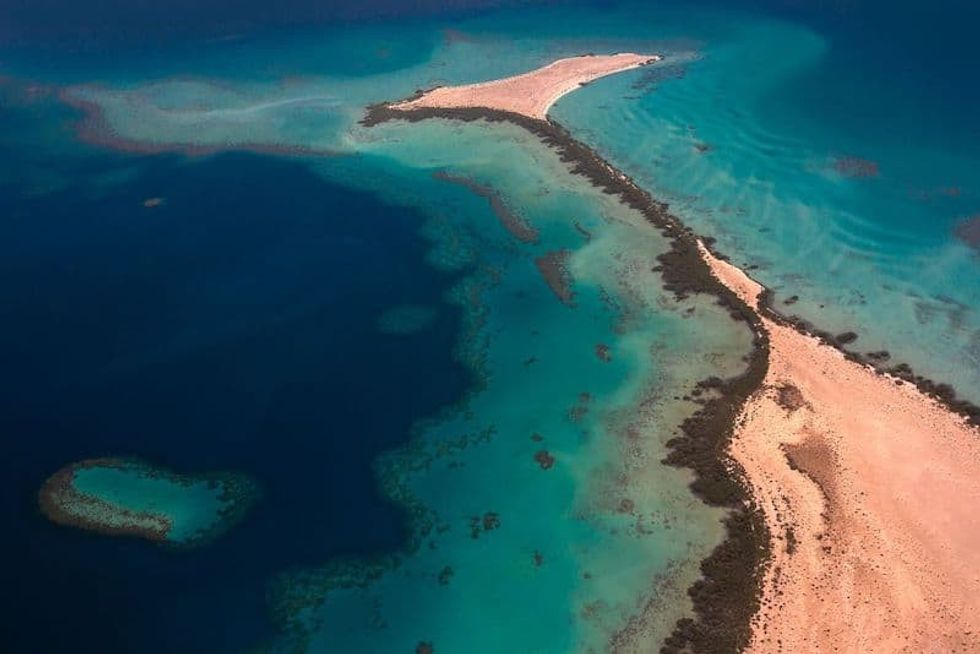
There are some organizations in the industry that are already making strides in this space. The Red Sea Development Company (TRSDC), formed to drive the development of The Red Sea Project, has put in place several initiatives, with promising results. For instance, its Female Leadership Program is successfully upskilling staff, with a view to diversifying the senior management team and bringing greater balance to traditionally male-dominated functions worldwide in the long term.
It is clear that the pandemic is disproportionately affecting women. So, this is an approach that other businesses should consider replicating. The lack of gender parity is a problem that we can no longer ignore.
Gender inequality & d isproportionate impact s
Pre-pandemic, women represented at least half of employees in the industry. However, the sharp decline in travel to tourism-dependent countries and regions hit hard. For instance, the International Labor Organization reported that 45% of those working in the sector in Latin America were made redundant, with women bearing the brunt of mass job losses.
This extends beyond workers directly employed by destinations. A high proportion of small and micro-enterprises located near tourist hotspots, such as food and craft stalls, are largely run by women - and they generally tend to face low pay.
The International Finance Corporation estimated that 70% of these businesses were ‘un-served or underserved by financial institutions’, causing a credit gap of $285bn. As a result, when COVID-19 curtailed income sources, the women who own these companies faced a huge challenge to maintain their livelihoods.
Issue from top to bottom
The issue doesn’t stop there. Gender inequality continues at the top end of businesses - female representation falls to 40% at mid-level management and 33% at the senior executive level.
Gender inequality continues at the top end of businesses - female representation falls to 40% at mid-level management and 33% at the senior executive level.
The glass ceiling becomes more apparent between senior management and the C-Suite, with only 5% of companies having female CEOs. In fact, the percentage of women in C-suite roles over the past 14 years has been flat. This highlights an undeniable structural problem and one that the last 18 months have made worse.
The industry has clearly failed to help women progress through the ranks, despite the abundance of talent and expertise available.
Rebuilding the right way
The pandemic has laid bare the extent of inequality within the sector. Now, organizations should seize this moment to identify and implement real solutions.
The path to equality won’t be achieved without the private sector and governments across the globe putting gender-responsive policies in place. There are many ways to improve inclusivity in the workplace. From policymakers legally enforcing companies to reveal their gender pay gap and introduce enhanced paternity leave, to businesses truly committing to drive change from the very top.
Potential consequences of gender inequality
Failing to address gender inequality within tourism will have a long-term detrimental impact. Without proper governance and support, local communities that rely on tourism may collapse. And women working in developing states may continue to see their livelihoods stagnate.
Additionally, if gender imbalances aren’t resolved at the management level, new generations of talent may recoil at the idea of entering an industry in which the prospects of promotion are slim. Over time, this could see tourism permanently dismissed as a sector that doesn’t empower women.
Failing to attract and keep women in the workforce will mean that companies will miss out on crucial perspectives and skillsets that could significantly contribute to business growth.
Women are 34% better at working out compromises. They are also 25% better at mentoring, and 25% more likely to stand up for their beliefs
A Pew Research Centre survey found that women were 34% better at working out compromises. They are also 25% better at mentoring, and 25% more likely to stand up for their beliefs. It’s little wonder then that a 2018 Boston Leadership study found companies with more diverse management teams had 19% higher revenues. Diversity not only enhances a company; it also pays off.
This is also where the aggregation of data becomes essential. There is a need for businesses to thoroughly assess the make-up of their workforce as it currently stands. And then use this as a benchmark to track their progress. Leaders within companies need to hold themselves to account, and hard statistics can only help them to do so.
Work at The Red Sea Development Company
Organisations such as The Red Sea Development Company are helping to lead the charge in tackling gender inequality in tourism. When initiating planning for The Red Sea Project, a luxury regenerative tourism destination in Saudi Arabia, TRSDC aimed to create a working environment where everyone would be equally recognized across all levels.
As a flagship project for the country’s Vision 2030, which has a commitment to increase female participation in the workforce to over 40%, creating a diverse and inclusive culture formed a key part of the decision-making process for hiring staff.

This involved launching recruitment drives targeted at women for roles that have typically had low female representation, including in health and safety. The company also advertised jobs using gender-neutral language. Those responsible for the interview process committed to including the CV of at least one woman in every shortlist.
The number of women in leadership roles continues to grow at TRSDC. Yet the percentage of female leaders compared to their male counterparts still has room for improvement. The company aims to bridge this gap through a leadership program. This provides structured external training and is designed to empower the women aiming to be future leaders.
The initiative has already shown signs of success. For example, female representation in the finance & investments department rose by 40% in 2021. Meanwhile, the chief administrative office increased by 24%.
The next generation
TRSDC has also implemented several initiatives to empower the next generation of young Saudi workers through its annual Elite Graduate Programme. The course offers a range of career paths. It provides graduates with on-the-job training in departments such as marketing, construction, and business development.
The intake for both 2020 and 2021 demonstrated a 50/50 split between young men and women.
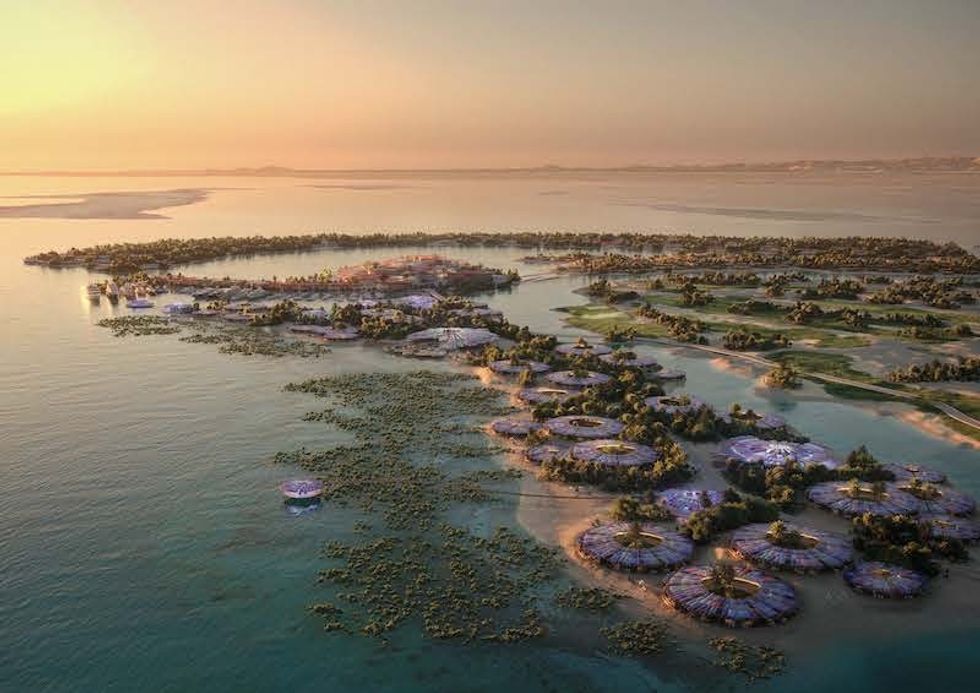
Additionally, the company partnered with Prince Muqrin bin Abdulaziz University to provide 120 scholarships for Saudi students commencing their studies in International Hospitality Management. Accredited by the prestigious Ecole hôtelière de Lausanne (EHL), the course trains participants to the highest standard.
It will take a collective global effort to create substantial, industry-wide change when it comes to gender inequality. But the company aims to inspire others to follow suit.
Future steps to address gender inequality
TRSDC’s commitment to addressing gender inequality and inclusion in the sector has demonstrated that the industry must be intentional about improving equality. It doesn’t happen by default; it happens by design. To truly level the playing field, the sector must treat diversity and inclusion as if business survival depends on it. Indeed, it just might.
A diverse workforce and boardroom bring better results when it comes to profits and innovation. So, businesses placing gender-inclusive policies at the heart of their operations can reinvigorate the sector, post-COVID. Those that choose not to enact change, risk being left behind.





 Bluey themed hotel room, Alton Towers Resort
Bluey themed hotel room, Alton Towers Resort  Hotel Colosseo, Europa-Park
Hotel Colosseo, Europa-Park 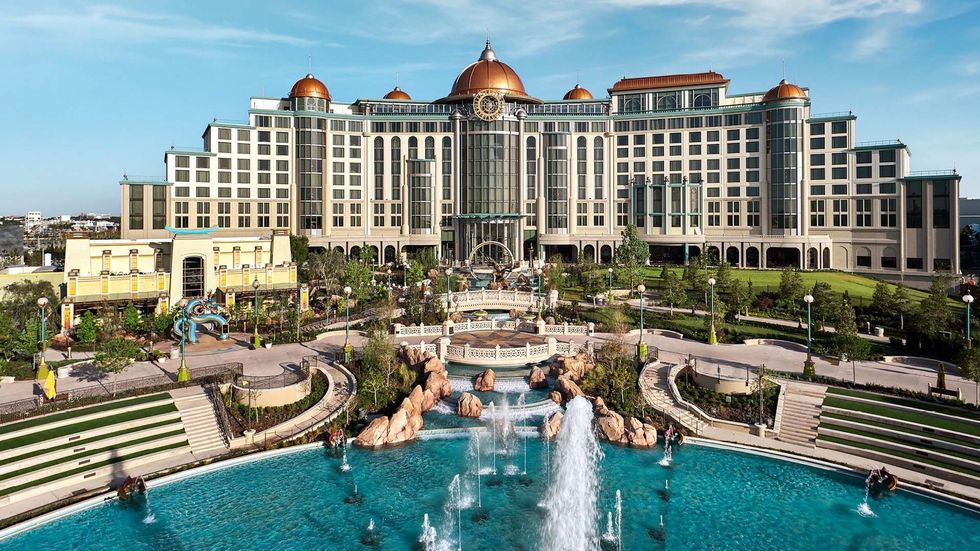 Universal Helios Grand Hotel, Epic Universe
Universal Helios Grand Hotel, Epic Universe 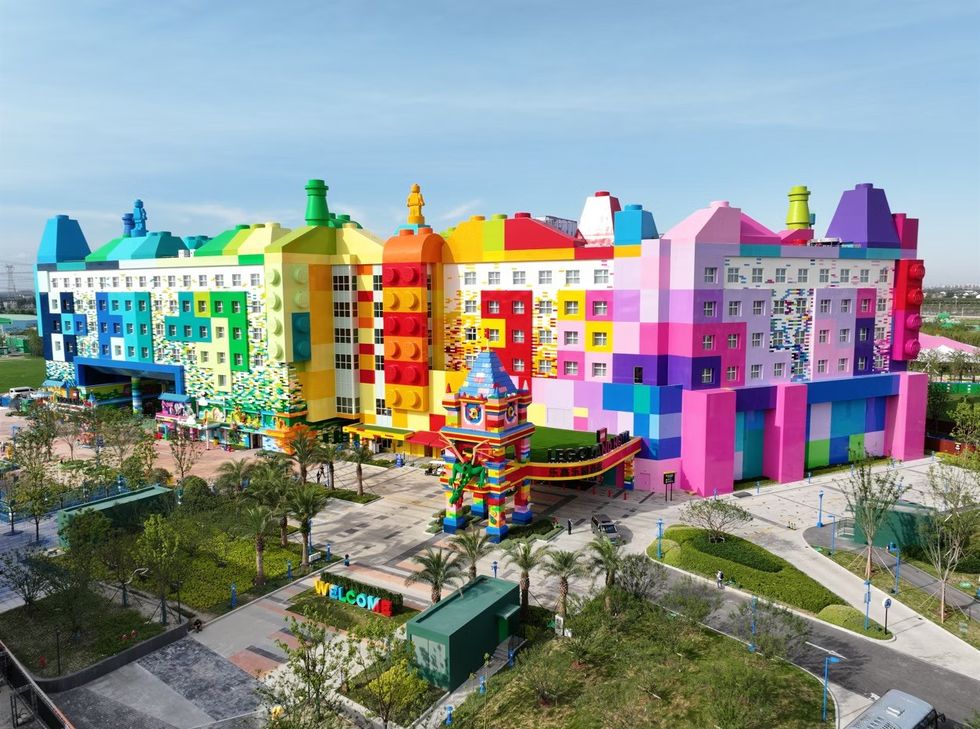 Hotel exterior, Legoland Shanghai Resort
Hotel exterior, Legoland Shanghai Resort 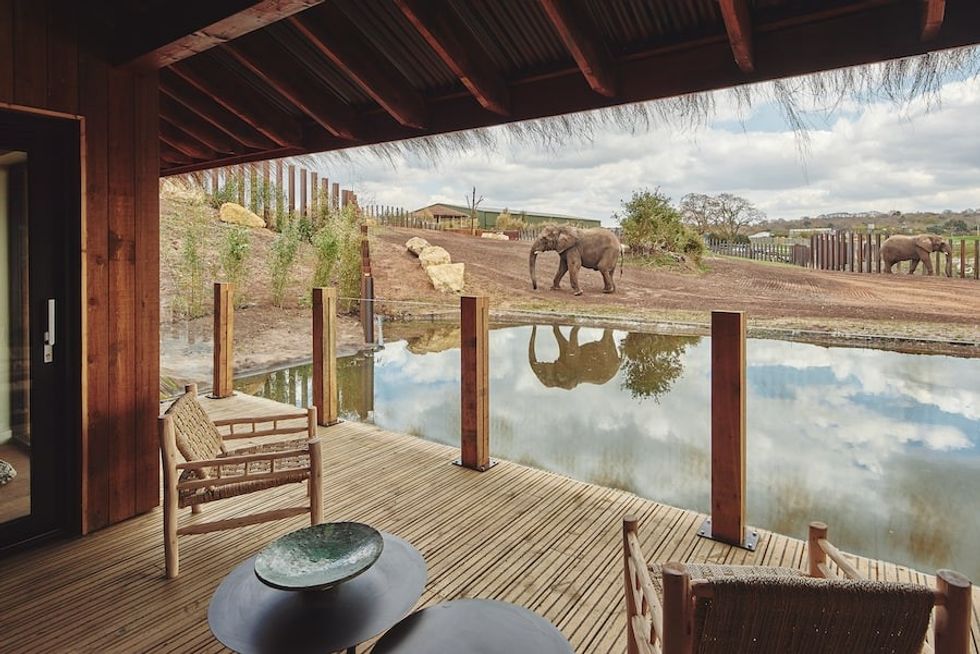 Elephant lodge, West Midland Safari Park.
Elephant lodge, West Midland Safari Park. 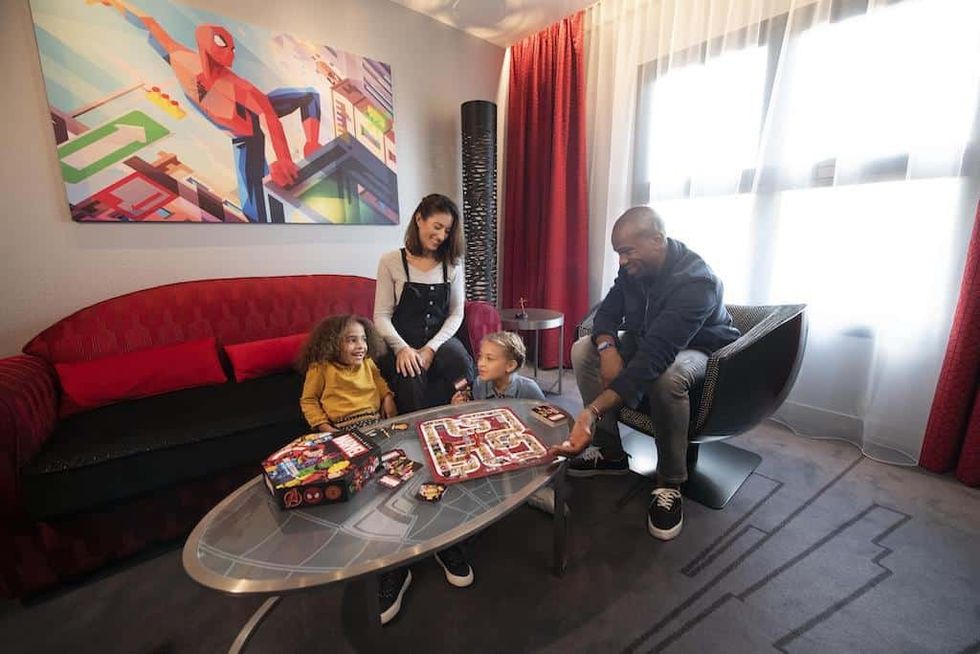 The Art of Marvel, Disney's Hotel New York
The Art of Marvel, Disney's Hotel New York 






 Arbora Lumina, Moment Factory
Arbora Lumina, Moment Factory Arbora Lumina, Moment Factory
Arbora Lumina, Moment Factory Arbora Lumina, Moment Factory
Arbora Lumina, Moment Factory Arbora Lumina, Moment Factory
Arbora Lumina, Moment Factory
 Proactiv José Cuervo and Nico Renna
Proactiv José Cuervo and Nico Renna Peppa Pig's Adventure in Dubai, UAE
Peppa Pig's Adventure in Dubai, UAE Hiran Abeysekera (Pi) and Richard Parker the Tiger in Life of PiPhoto by Johan Persson
Hiran Abeysekera (Pi) and Richard Parker the Tiger in Life of PiPhoto by Johan Persson Harry Potter in Concert
Harry Potter in Concert Monster Jam in Doha, Qatar
Monster Jam in Doha, Qatar Disney's Magic Box in Abu Dhabi, UAE
Disney's Magic Box in Abu Dhabi, UAE A fan photo op on the Chicago tour
A fan photo op on the Chicago tour Harry Potter: The Exhibition in Abu Dhabi, UAE© Mario Wurzburger
Harry Potter: The Exhibition in Abu Dhabi, UAE© Mario Wurzburger Paw Patrol in Abu Dhabi, UAE
Paw Patrol in Abu Dhabi, UAE

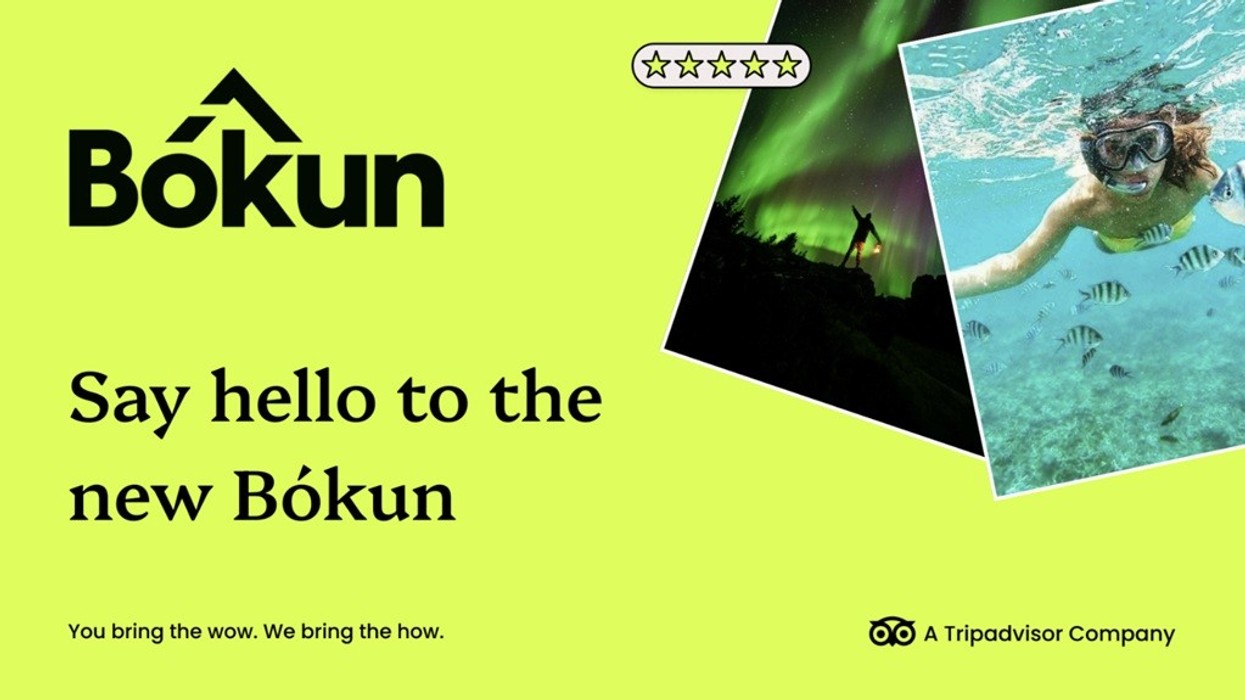
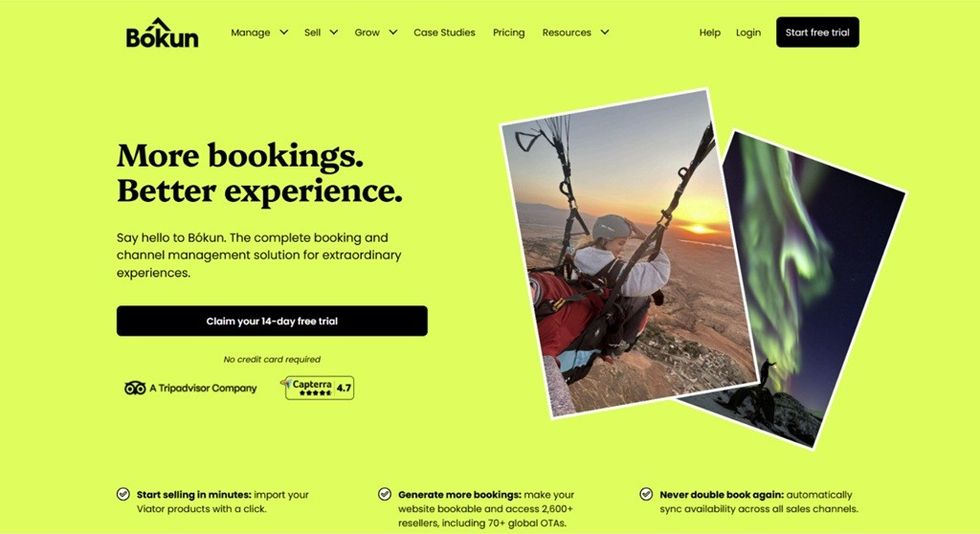 Image credit: Bókun
Image credit: Bókun